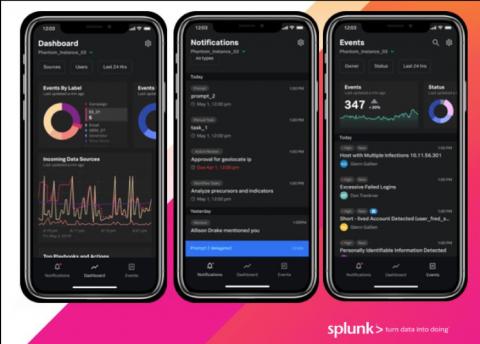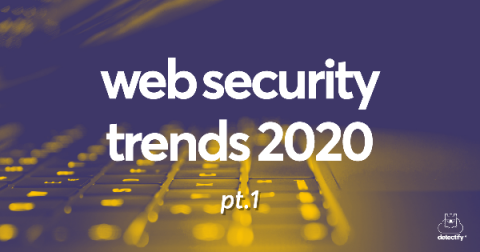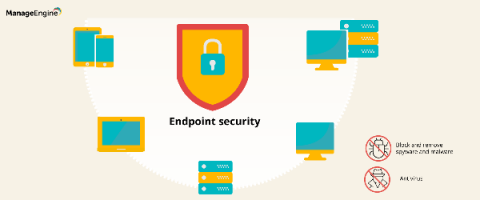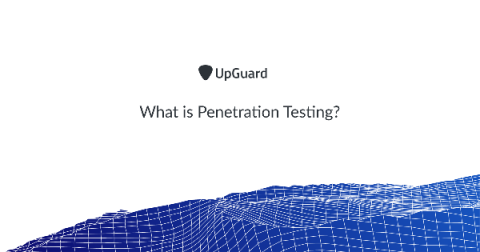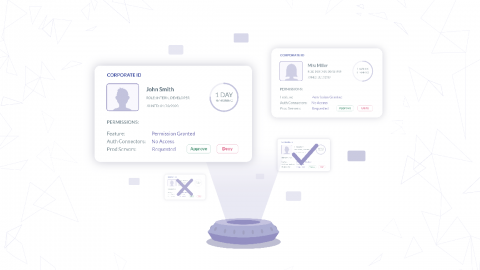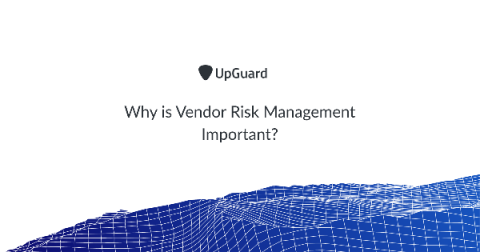What is Cyber Security Ontology?
The amount of APTs, ransomware and phishing attacks have been growing steadily for the last few years. As a result, cyber security professionals have been looking for better methods to protect organizations. In this article, we will discuss one of those newly popularized methods: cyber security ontology.



